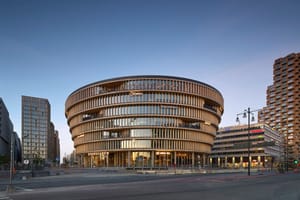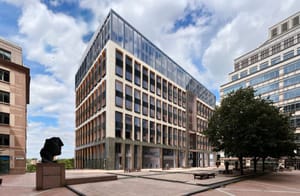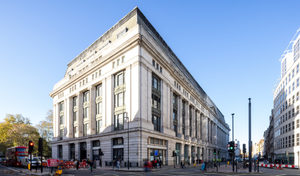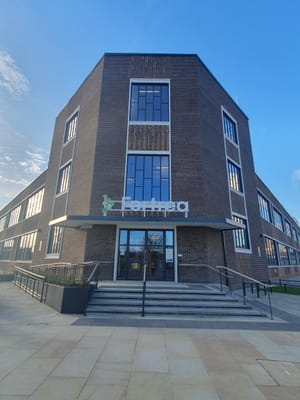Ten projects from across the EMEA region have been announced as the finalists in the annual ULI Europe Awards for Excellence, which recognise exemplar projects and programmes in the private, public, and non-profit sectors.
This year’s finalists comprise refurbishment, restoration and new build projects from Belgium, Denmark, France, Germany, Italy, Spain, Sweden, and the UK.
Life sciences and healthcare claim three of the ten finalist spots, and a fourth finalist is a reverse conversion from science use. It's remarkable representation for a specialist sector. Laboratory projects have two finalist spots—matching the number of nominations for office and residential sectors.
Forskaren in Stockholm leads the life sciences entries as a 24,000 sq m circular research hub developed by Vectura and designed by 3XN. The facility encourages collaboration between industry, research and academia through flexible offices, co-working spaces, laboratories, and public restaurants with exhibition areas.
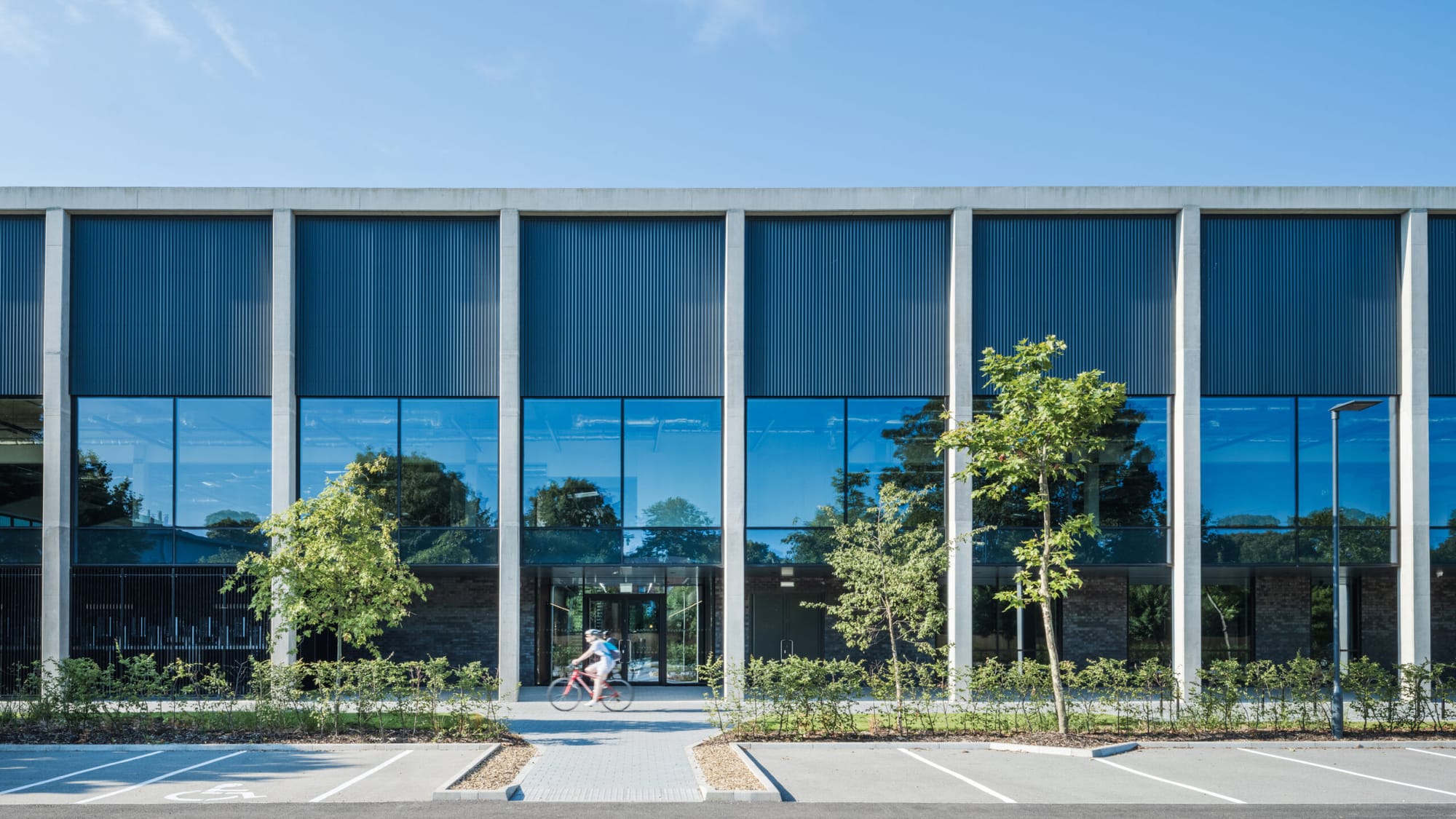
In Oxford, Inventa demonstrates adaptive reuse by transforming disused retail warehousing into purpose-built laboratory, office and collaboration space extending to 6,000 sq m. The building is developed by Mission Street with architects Owers Warwick, NBBJ and Oberlanders.
Birmingham's Midland Metropolitan University Hospital is an 85,000 sq m acute care facility treating seriously ill patients. Owned by Sandwell and West Birmingham Hospitals NHS Trust and designed by HKS, Cagni Williams and Sonnemann Toon, the hospital forms part of wider regeneration plans for the area.
Dortmund's Das Neue Gesundheitshaus represents healthcare heritage conversion - Landmarken AG has repurposed a 12,900 sq m listed 1950s health facility into mixed-use accommodation including hotel, restaurant, kindergarten, residential and office space across five buildings.
The overall winner will be announced on 26 November in Paris.

